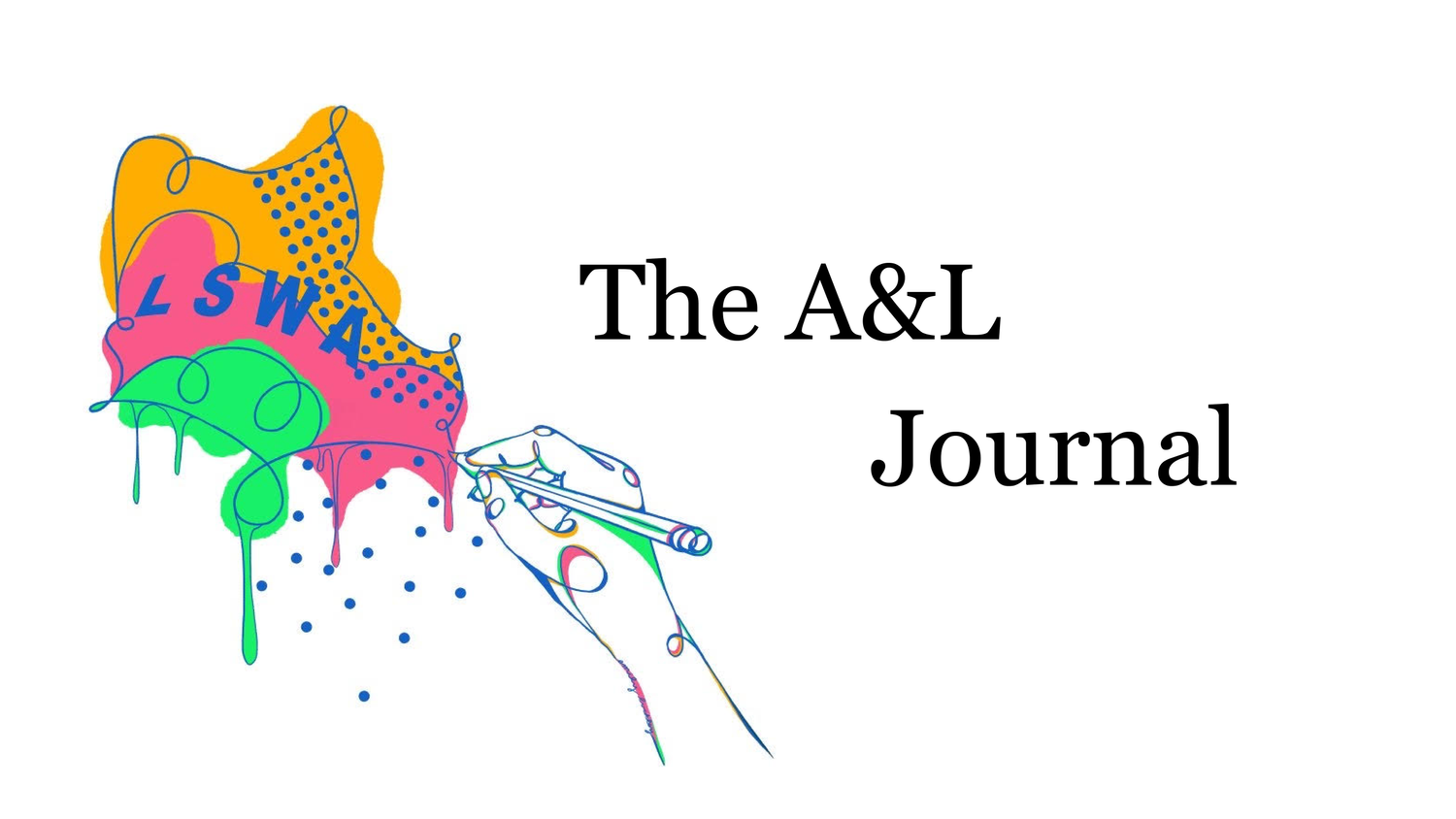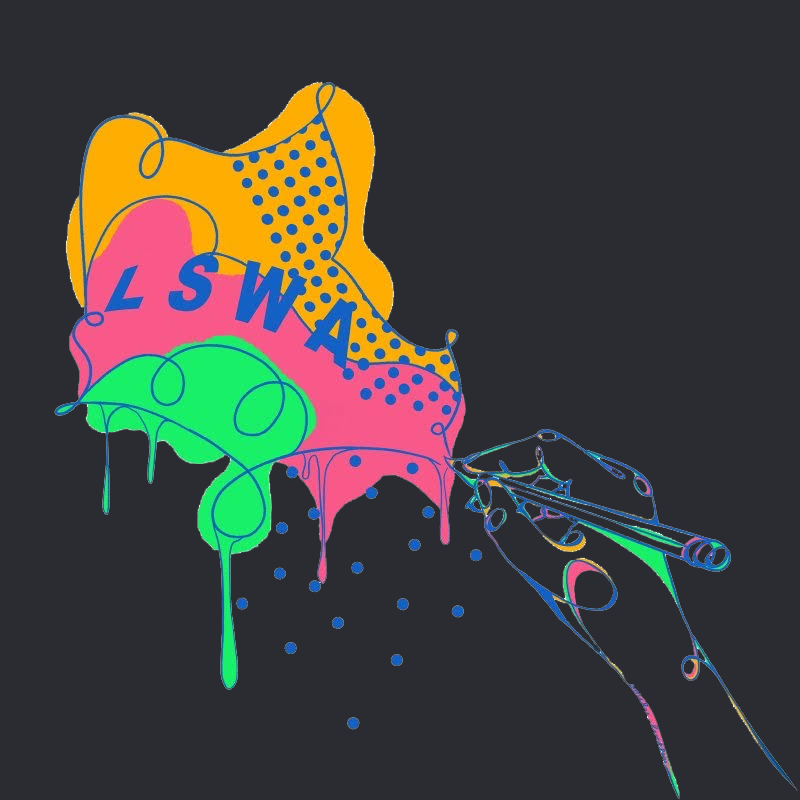“The Possibilities of Nothing” by Esther Launstein
When you’re a kid, you have no concept of time. There are only the waking hours, where you terrorize your parents or siblings, and the sleeping hours, where you are forced to go when you’d rather jump on the bed or play with your imaginary friend. Those moments of open time that we would occupy with our childish activities didn’t seem like such a bad thing. That feeling of absolute nothingness that grown-ups seem to hate so much was simply an enigma.
But somehow, time indeed passes, and without even realizing that the world is spinning at an angle, you grow up. Time suddenly becomes a commodity. We as humans consume it, and the by-product is often not what we imagined. We keep shoveling it down our throats, never stopping to wonder what may happen if we didn’t spend every waking second of our lives doing something. After all, people in movies never have a second to just sit and not think. They are always moving through time, keeping us entertained in their entertainment.
But inevitably, those moments of absolute calm wash over us in subtle waves licking at the shore of our minds, and we find ourselves without something on our agenda. We are washed away by the nothingness that greets us.
And then, we are utterly lost. Because the movies never tell us what to do when we have nothing we must do.
We are lost in the fear of life passing us by. Filled with worry that everyone else roaming the planet is out making some great discovery or saving a life as we sit on our butts. Some of them probably are, so we scurry for anything that might get our minds moving. Because what is there that is worse for humankind than the evil, appalling boredom that arises from an empty schedule?
Perhaps it is the utter distaste we hold for such a beautiful, unappreciated moment.
There are eighty-six thousand four-hundred seconds in every given day. So much time undoubtedly holds moments of inactivity and boredom, and the chance of having nothing to do lies in wait. But we aren’t smiling when it arrives.
How much of our day do we pass doing absolutely zilch? Simply staring off into space, pondering our options or criminalizing “wasted” time. We hate those repetitive tick-tocks of the clock—the ones where our mind goes nowhere when we so wish it would.
And yet, within those dreadful seconds lies something incredible—something the busiest people in the world yearn for…
The potential to do absolutely nothing. Or perhaps, absolutely anything. I suppose it’s all about your mindset.
Our fingers tap on the surfaces around us. Maybe our feet jangle against the floor. We may simply wait in stillness.
Every second we spend staring blankly at a boring lecture or not comprehending the day’s work builds and builds until we finally push up from our stagnant timeframe and live. We assume that those times where we are absolutely unstimulated are ones that have been ill-spent, so we seek out another thing to occupy our minds. But there is always the option to keep staring and doing nothing. Even if that is the very monster we wish to avoid, it is one that we made up in our heads.
Either way, the choice is completely ours, and many people ignore that advantage. We could sit and stare all day if that was what we truly desired, but I suppose the point of boredom is that we don’t want to do nothing. So, we cram full all of our seconds that tick by, hoping desperately to avoid the boredom that sends us into daydreams. But isn’t that dream lovely? Do we not appreciate the chance to lose ourselves in that way? Perhaps that nothingness has beauty after all.
Back home, I would spend much of my day with nothing to do, zoning in and out of the space-time continuum. And, like most people, I would overlook those moments of absolute clarity—mistake them for a time I should spend doing something instead of appreciating that I had nothing I must do.
I consider myself a master of overthinking, and during the times I spent having nothing to do, I would hone my craft. Perhaps replay my shortcomings or fears until they drove me half crazy. Sometimes, I would pick up my figurative crystal ball and attempt to see what my future held. Would my dreams come true? Not if I didn’t get up and do something, I’d say to myself. I never thought to give myself the time to decide what my dreams were.
I didn’t even realize until years later that all those times I spent hating that I had nothing better to do than overthink my future career, I was really beginning a journey of discovering what I wanted my future to be. I would worry between being a doctor or a writer when the answer waited on the edge of that very feeling. After all, it was books I would turn to when the boredom would overwhelm me. The answer had been hovering in my overactive, yet still bored, mind.
I’d waste so much time overthinking my life instead of taking the opportunity of inactivity to step back and actually consider what I could do. I almost chose the wrong career for myself because I used to hate giving myself that time to think.
“I’m so bored,” I would moan and gripe, drawing out the “o” like I was auditioning for a hit drama TV show. The guilt of being bored consumed me more than the actual boredom. I would sit and contemplate ways out of that feeling while considering the dents in the wall or the scratches my dog carved into the hardwood floor.
My mom would smile saccharinely, never bored in her busy schedule, and I could already guess what words would come from between her lips, eyes already rolling in annoyance as she would declare, “You could clean. Or weed the garden.”
And that—that was magic. That was the inspiration I had been yearning for, sending my brain into autopilot as all my options rushed out before my eyes.
Quicker than the ticking of the irksome second-hand of the clock mounted on our wall, I would shoot to my feet, unwavering. The creative bug would burrow under my skin, and I would gladly fill my time with anything but the chores my mother had suggested.
Read a book, start a new show that I would never finish, or continue the novel I had started to write that filled me with the fear I constantly overthought.
In that moment, the world was my oyster. That abyss of nothing I had been held captive by was whisked away as my hurried mind continued on. When that feeling returned, however, I would be just as ungrateful for the boredom as always. But why hate the boredom when it is the very reason we are allowed to do what we want?
The point is, in our hurry to do something at all hours of the day, we sometimes forget that such business is not necessary. We cannot sell short an inactive mind, for we all stand still until we have a real reason to move. It was my utter lack of activity that allowed me the time to get to know myself.
There is no shame or guilt to be felt for allowing yourself a moment of empty time. Nothingness, and the inevitable boredom that arises from it, while not typically greeted with fondness, allows us the rare opportunity to observe all of our options for the future. We could write a book, watch television, perhaps get ahead on next week’s work. The potential is there, waiting. In the end, what we choose to do hurtles us out of our boredom into something potentially grand. So, do not dismiss those seconds of utter monotony, for within them lies an endless swell of possibility.
Esther Launstein is planning to double major in English and Creative Writing & Literature with the hopes of writing or editing impactful stories.

